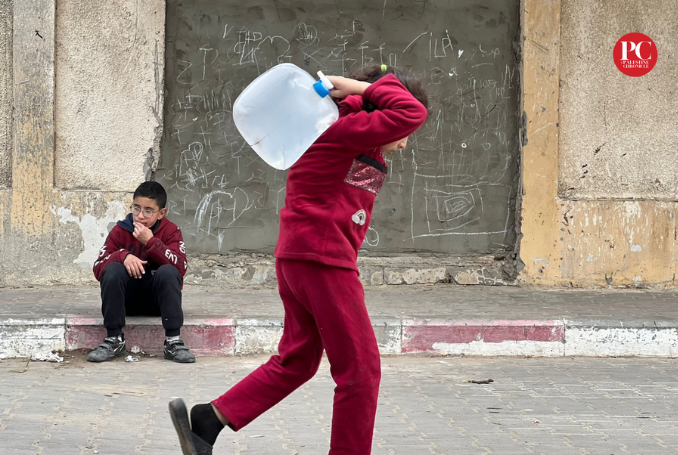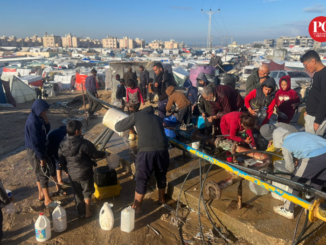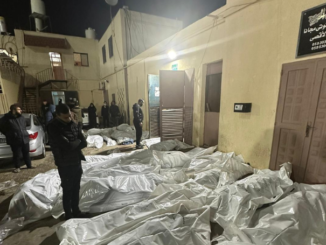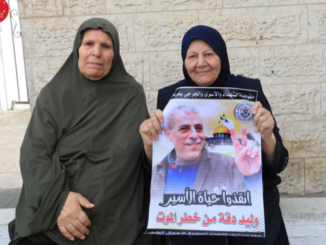
Israel’s blockade and water restrictions have pushed Gaza to the brink of a humanitarian disaster, leaving families struggling for survival.
The Gaza Municipality has issued a stark warning about an impending water crisis that could lead to extreme thirst due to Israel’s continued blockade, restrictions on fuel imports, and threats to sever the primary water pipeline supplying the city.
In a statement, the municipality emphasized that the Mekorot pipeline supplies nearly 70% of Gaza’s water. Any disruption to this supply would have devastating consequences, endangering lives, worsening public health, and increasing the spread of disease.
Mekorot, the Israeli water company, maintains full control over Gaza’s water supply, turning it into a tool of pressure against the besieged population.
Following the end of the initial phase of the ceasefire in early March, Israel reimposed its blockade on Gaza, preventing the entry of humanitarian aid. This deliberate policy aims to use starvation as leverage against the Palestinian Resistance Movement Hamas, coercing it into submission.
The blockade, coupled with the decision to cut off electricity, has forced water and sewage stations to shut down, further aggravating the already dire humanitarian situation.
Israeli officials have repeatedly threatened to cut off essential services like water and electricity as part of their strategy to pressure Hamas. On March 4, Israeli Prime Minister Benjamin Netanyahu’s spokesman, Omri Dostri, stated that halting Gaza’s access to water and electricity remained “on the table” as a means of coercion. A few days later, Israel’s Energy Minister Eli Cohen ordered an immediate shutdown of electricity to Gaza.
The Gaza Municipality has urgently called for international intervention to ensure Israel complies with international law and restores access to water and fuel to prevent a worsening humanitarian disaster.
The Gaza Strip’s Union of Municipalities has also raised alarm, stating that without sufficient and sustainable water and electricity supplies, the health and environmental crisis will spiral out of control. The closure of Gaza’s central desalination plant due to power cuts has left countless families struggling to access clean drinking water.
This crisis is not new but has reached catastrophic levels following Israeli bombardment that destroyed infrastructure and essential facilities, making clean water an increasingly unattainable necessity.
As the blockade tightens, Palestinians in Gaza face a devastating combination of thirst, hunger, and displacement during Ramadan, forced to survive in refugee camps and makeshift tents after losing their homes.
With full US support and in broad daylight, Israel has been carrying out genocide in Gaza since October 7, 2023, killing and wounding over 160,000 Palestinians, most of them children and women, with more than 14,000 still missing.
(PC, AJA)








Be the first to comment